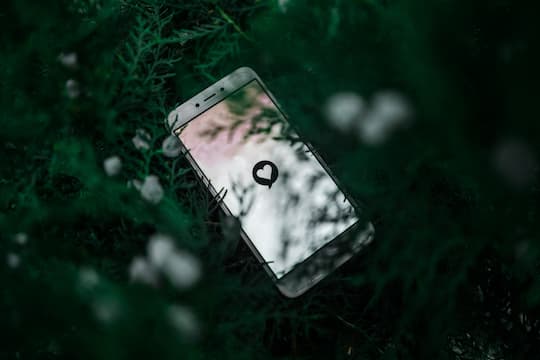Around one-in-ten American adults report they have had a long-term relationship grow from an online dating app meet-up.
The two most important factors in online dating are attractiveness and race, new research finds.
People ‘swipe right’ to indicate liking of a potential partners when they are more attractive and when they are the same race.
Those who believe themselves more attractive tend to be even more picky, rejecting more potential dates overall.
Online daters took very little notice of people’s personality, the type of relationship they were looking for or much else besides.
All that really mattered was appearance.
Despite this, around one-in-ten American adults report they have had a long-term relationship grow from an online dating app meet-up.
Dr William Chopik, the study’s first author, said:
“Despite online dating becoming an increasingly popular way for people to meet one another, there is little research on how people connect with each other on these platforms.
We wanted to understand what makes someone want to swipe left or swipe right, and the process behind how they make those decisions.”
For the research people viewed profiles of men and women and had to swipe left to reject them and swipe right to like them.
The results showed that men swiped right more often than women, but both sexes made their decision quickly.
Dr Chopik said:
“It’s extremely eye-opening that people are willing to make decisions about whether or not they would like to get to another human being, in less than a second and based almost solely on the other person’s looks.
Also surprising was just how little everything beyond attractiveness and race mattered for swiping behavior—your personality didn’t seem to matter, how open you were to hook-ups didn’t matter, or even your style for how you approach relationships or if you were looking short- or long-term didn’t matter.”
People tended to choose others of the same race, although black people were more likely to be rejected, on average.
Dr Chopik said:
“The disparities were rather shocking.
Profiles of Black users were rejected more often than white users, highlighting another way people of color face bias in everyday life.”
People were significantly more likely to swipe right on someone who has already like them, preliminary data shows.
Dr Chopik said:
“We like people who like us.
It makes sense that we want to connect with others who have shown an interest in us, even if they weren’t initially a top choice.”
The study was published in the Journal of Research in Personality (Chopik & Johnson, 2021).

